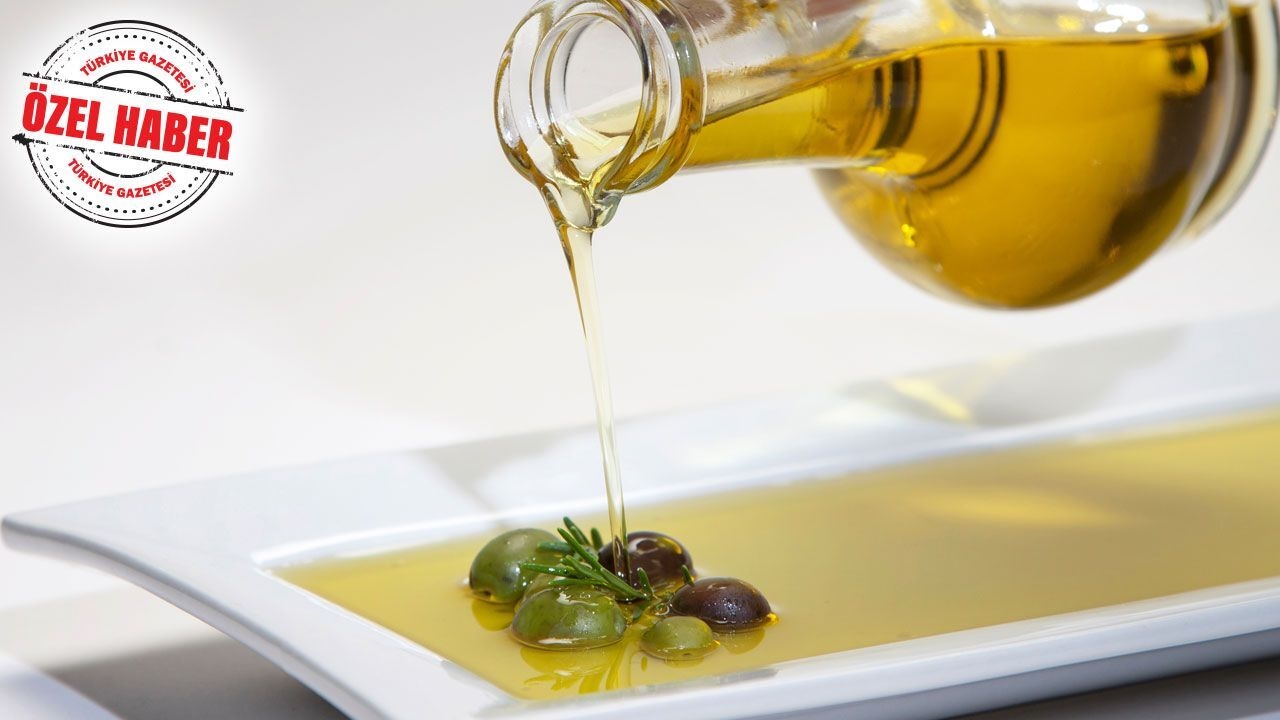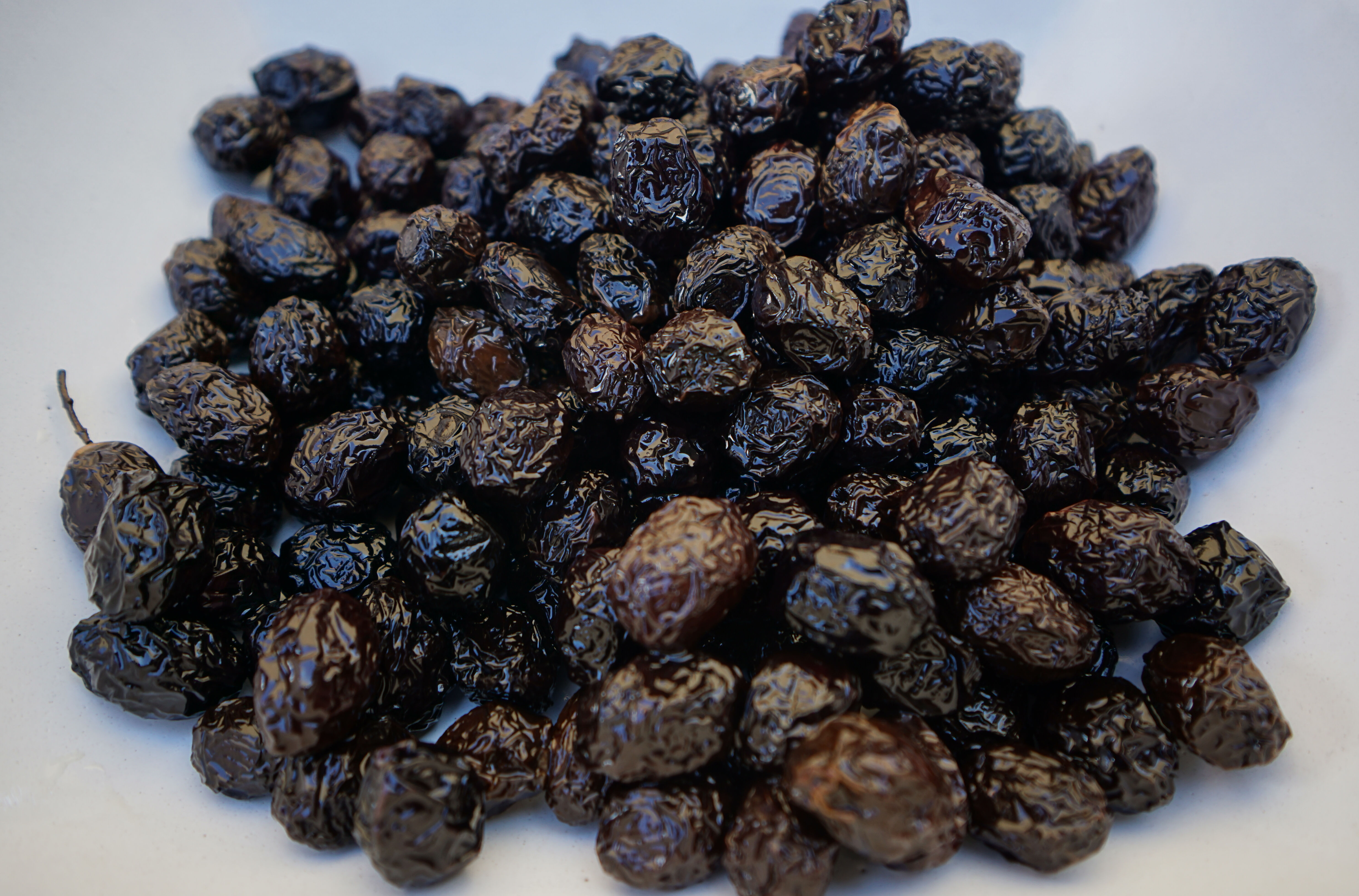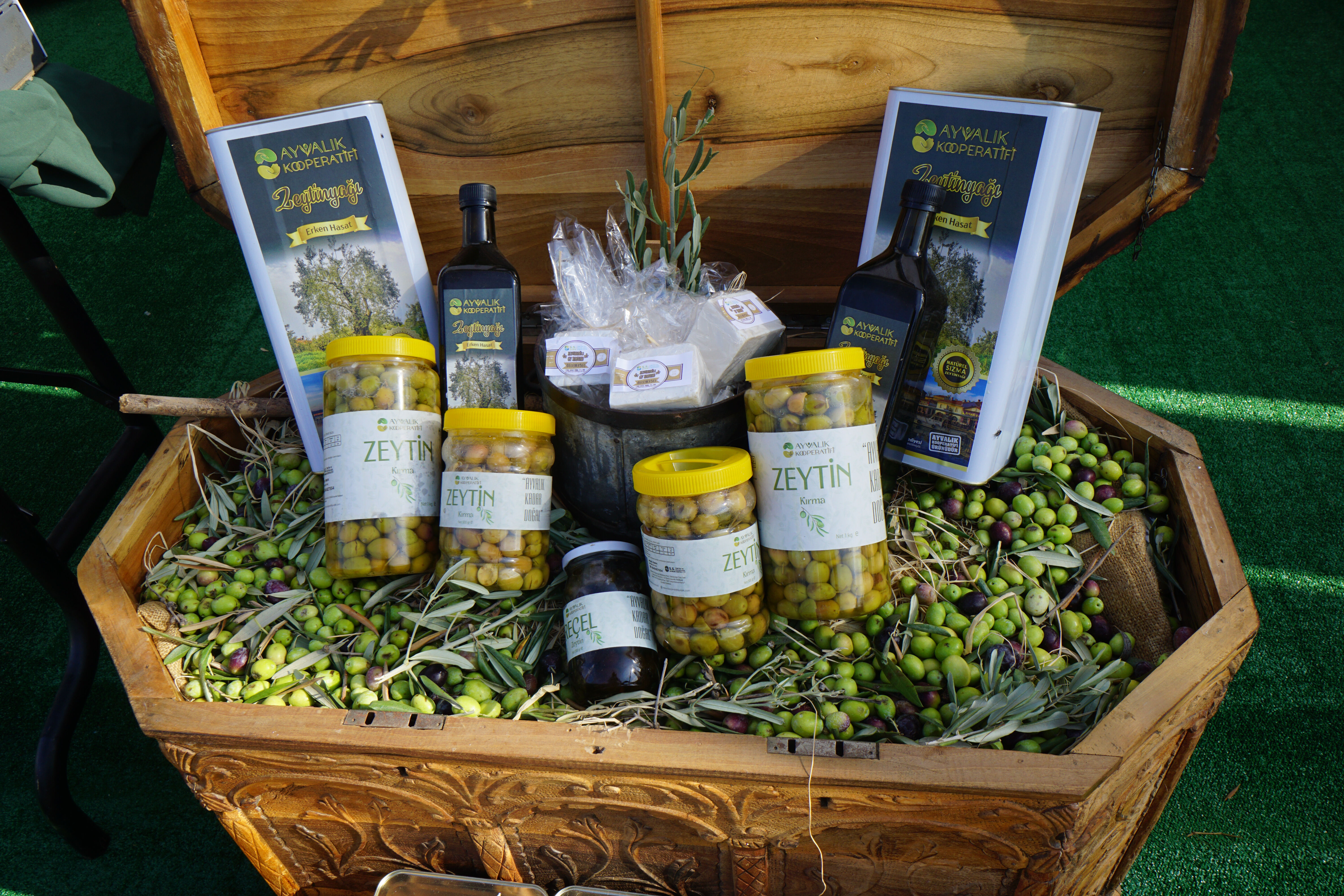Born in Ayvalık, Spanish! Our bulk olive oil sold like a Spanish brand

Source: Türkiye Newspaper
- Update:İRFAN ÖZFATURA AYVALIK - Olive oil ... One of the world's most valuable products. It's both medicine and food. It's applied to wounds and nourishes the hair, but it's also delicious and healthy. Our country's lands are rich in this valuable product. It's produced in many regions of our country, especially the Aegean and Mediterranean regions, each flavored and valued according to its own regional characteristics. Many Mediterranean countries brand olive oil and sell it with added value. While 70 percent of our exports are still sold in bulk, packaged exports account for only around 30 percent. Ali Uçar, President of the Ayvalık Chamber of Commerce, explained this issue: “We need globally recognized brands. Yes, we supply bulk oil to companies in the EU and US, but we need to get rid of subcontracting as soon as possible. To do this, packaged products need to be supported, and target countries need to be identified and worked on. For example, we should say, ‘Let's focus on China this year.’ There's activity, but it's scattered. One is in this country, one in Malaysia, one in Japan. Yet, we should be able to say, ‘This year, 200,000 tons will be exported, and 40 percent of that will be packaged.’ Last year, there was a serious product shortage in Spain. We sold them bulk oil, and they put it in their own packaging and moved on. If they hadn't bought from us, there would have been Tunisia and Morocco. Their costs are low, and their business is in the plains. In short, we should have filled the gaps in the market ourselves. Currently, we can only sell 30 percent packaged. When bulk oil exports were banned, we were left stranded, and unfulfilled contracts have damaged our reputation.”

Ali Uçar, who said that Spain is making big money by mixing Italy's olive oil with tourism, made the following statement to our newspaper at the Ayvalık International Olive, Harvest, and Tourism Festival: "Spain's trees are in the plains. They can harvest by machine. Our olive oil is collected by hand, with rakes, and in baskets on the hillside, and the cost is high. Italians know how to identify origin and are capable of establishing a brand. We take the easy way out and sell in bulk. Promotion requires effort. First of all, we have to participate in every competition. This year, we'll win five awards, next year, 15. First, second, third—it doesn't matter. We need to make Türkiye's name known. If we're going to sell to the EU, quotas should be lifted. What's 100 tons? It's been full from day one."

Another problem olive growers face is their mistakes. Mayor Uçar says, "Most of the laboratories in Türkiye are in our region. We produce around 12,000 tons of oil in Ayvalık, but only 100,000 tons of Ayvalık olive oil is sold in the domestic market. We brought it in from Trabzon, Istanbul, Ankara, and Bursa. Some say 'New Ayvalık,' others 'Yeni Ayvalık.' You look at the address and it's 8 kilometers from Ayvalık. But it's not clear where. There are still 35 lawsuits. The Patent Office is also at fault. There's a brand called Ayvalık Ali. You think Ali is from Ayvalık, and the bottle contains Ayvalık olive oil. The office says, 'We'll put Ayvalık olive oil.' But who will inspect it? Is it Ayvalık? We go to the Union of Chambers and Commodity Exchanges of Turkey (TOBB), and they tell us to file a complaint with the Advertising Board, but they've finally stopped advertising. At a meeting, one of the major shopping websites spoke about counterfeiting. While he was on the podium, I noticed he was selling 45 "branded" brands. I raised my hand and said, "Your website has these," and he ran away.

Türkiye Gazetesi




